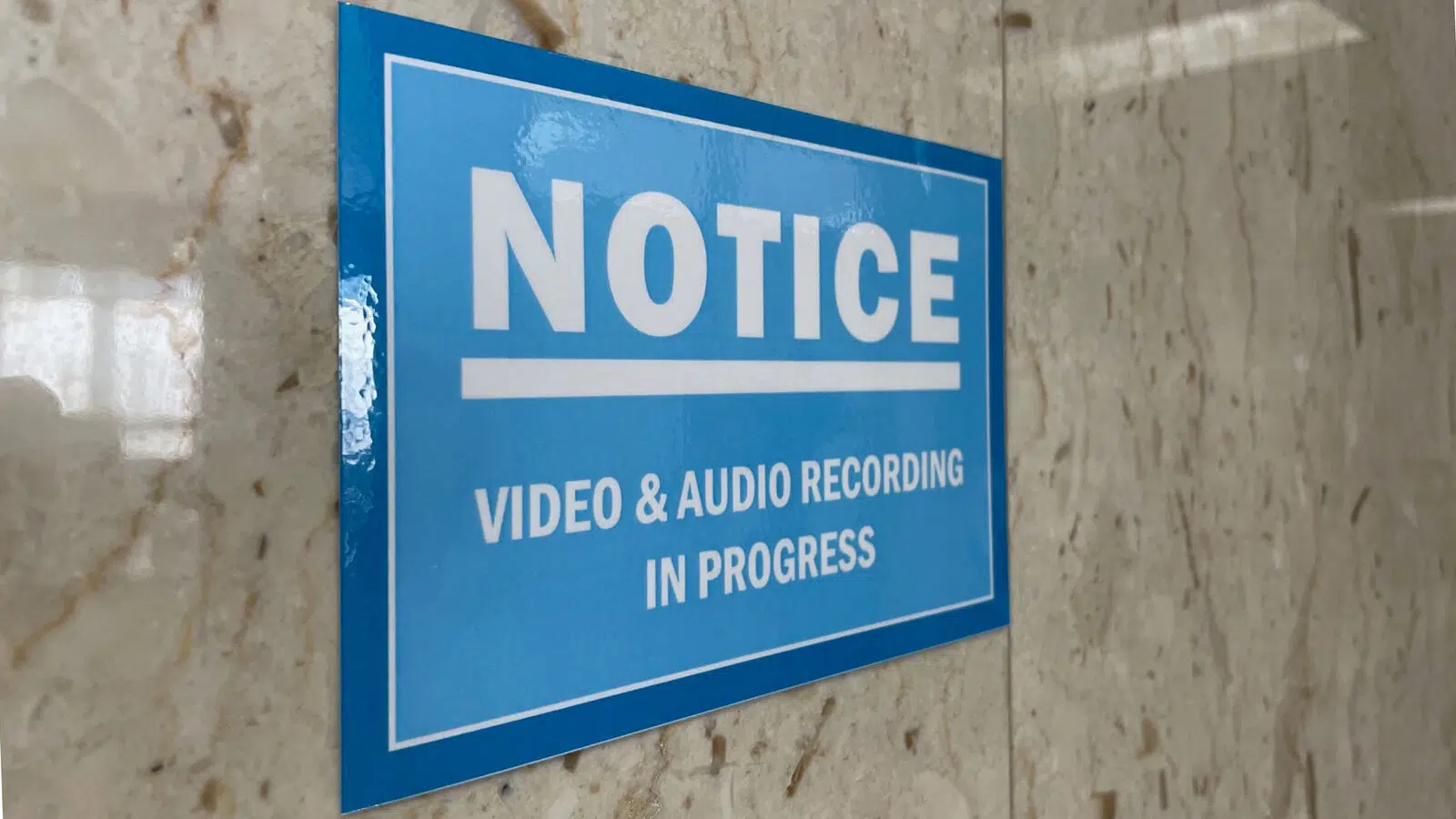GREEN BAY, WI (WTAQ-WLUK) – An attorney for the Wisconsin Senate and three individuals suing the City of Green Bay and Mayor Eric Genrich over the use of audio surveillance at city hall has sent a letter to Brown County’s district attorney asking for a criminal investigation to be opened.
Attorney Ryan Walsh points out in his letter to Brown County District Attorney David Lasee that violating Wisconsin’s Electronic Surveillance Control Law is a Class H felony.
“As our filings explain, and as Defendants admit, the City and the Mayor have been covertly recording private conversations held in the hallways of City Hall for over a year,” writes Walsh in his letter to Lasee. “Many (if not all) of those who held such conversations reasonably expected that they were and would remain private. Those individuals also reasonably expected that the government was not listening in and recording them.”
Genrich’s administration has admitted to installing the microphones for safety reasons between winter 2021 and summer of 2022. Members of the administration have maintained the city’s actions are lawful.
In response to the lawsuit filed last week, Green Bay Operations Chief Joe Faulds says, “We are aware a lawsuit has been filed. The City maintains that its actions are lawful. We have no further comment on this pending litigation at this time. “
The first hearing in the lawsuit is scheduled for 9:30 a.m. Thursday in Brown County Circuit Court.
The State Senate, Sen. Andre Jacque (R-De Pere), former city council member Tony Theisen and an unidentified Green Bay attorney are asking for a restraining order and injunction for the city hall microphones to be immediately disabled and removed, for information recorded on the devices to not be shared, all recordings be destroyed, and declare the use of the devices violated the state constitution.
On Tuesday evening, the city’s finance committee is scheduled to talk about the financial impact of the lawsuit.
On Wednesday evening, the city’s parks committee is scheduled to talk about a potential review of the audio surveillance and whether it should be immediately removed.









